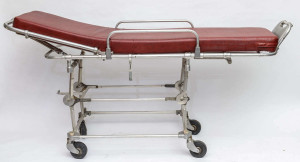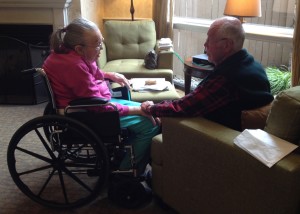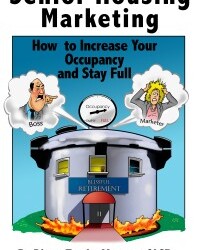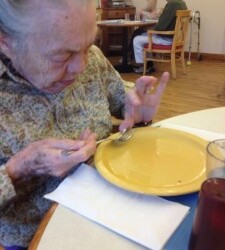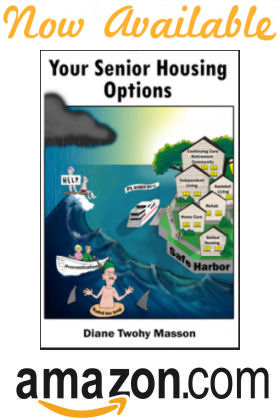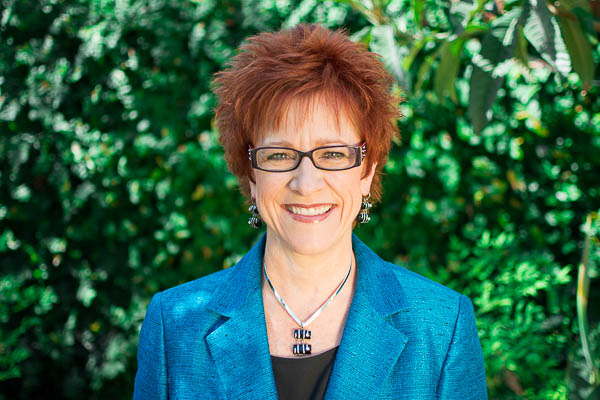Tips 2 Seniors | Meet the Author: Diane Masson
Speaker, Blogger & Senior Living Expert
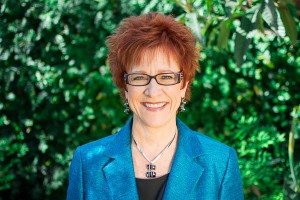 Diane Twohy Masson shares her personal and professional experience to help seniors and their families navigate the Silver Tsunami.
Diane Twohy Masson shares her personal and professional experience to help seniors and their families navigate the Silver Tsunami.
The author spent two years exploring senior housing options with her mom before finding the ideal Continuing Care Retirement Community. After enjoying eight successful years in an independent living setting, her mom suffered a fall and the onset of dementia. This daughter helped transition her to assisted living — in the nick of time. Seven years later, even this expert struggled making the dramatic decision to move her mom long distance into a skilled nursing community.
Diane Twohy Masson has worked in Senior Housing since 1999 and is an award-winning Certified Aging Services Professional (CASP) with a B.S. in business management and a minor in marketing from Central Washington University. She can share behind the scenes insider tips and advice after mystery shopping 300 senior living communities. Diane and her teams have helped thousands of seniors move into multiple styles of senior living, but she learned the hardest move is helping your own parent.
Diane Twohy Masson is the best-selling author of “Senior Housing Marketing – How to Increase Your Occupancy and Stay Full,” available at Amazon.com with a 5-star rating. The book is required reading at George Mason University as a part of its marketing curriculum. Within this book, the author developed a sales method with 12 keys to help senior living providers increase their occupancy.
She enjoys public speaking, golfing, traveling, Disneyland, bird watching, writing, hiking, camping, reading, scripture study, and spending time with her family.
My Personal Story…
Tips 2 Seniors Blog
Articles & Resources for Seniors by Diane Masson


